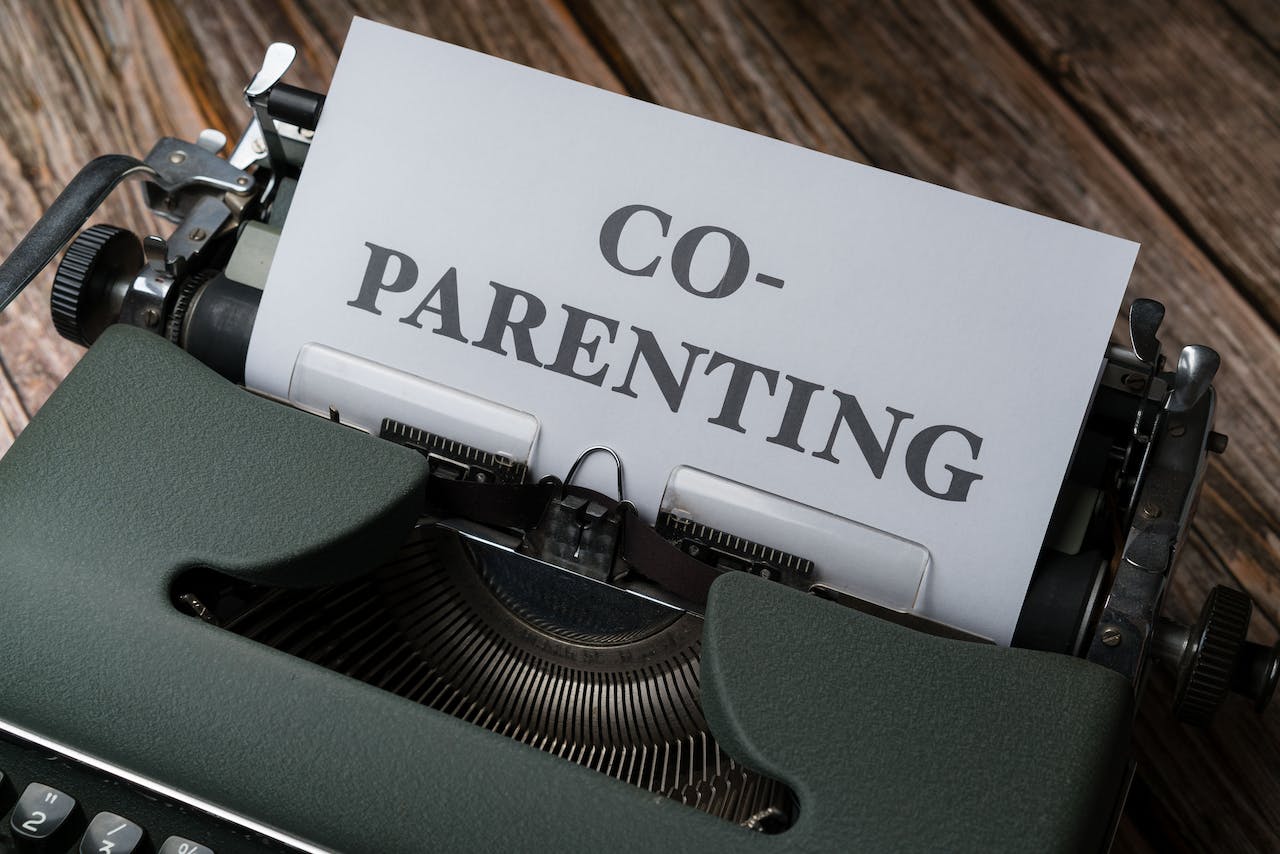Embracing Co-Parenting: The Dynamics of Joint Custody Across Georgia’s Varied Communities
In the evolving landscape of family law in Georgia, joint custody emerges as a pivotal concept, reflecting the state’s commitment to fostering the well-being of children amidst diverse family structures. From the vibrant urban sprawl of Atlanta to the serene coastal towns of the Golden Isles, joint custody arrangements are increasingly being recognized for their ability to balance parental responsibilities and rights. This detailed guide delves into the nuances of joint custody in Georgia, offering insights into legal requirements, co-parenting strategies, and the implications of such arrangements in different regions of the state.
1. Understanding Joint Custody in Georgia
- Legal Definition: Joint custody in Georgia involves both parents sharing legal and/or physical custody of their child, ensuring that both have a significant role in the child’s upbringing.
- Types of Joint Custody: The arrangement can be categorized into joint legal custody, where parents share decision-making responsibilities, and joint physical custody, concerning the child’s living arrangements.
2. Legal Framework and Criteria
- State Legislation: Governed by Georgia’s family law statutes, joint custody decisions are based on the child’s best interests, considering factors like parental suitability, the child’s needs, and the parents’ ability to cooperate.
- Court Considerations: Courts evaluate various factors, including each parent’s home environment, stability, and willingness to facilitate a relationship between the child and the other parent.
3. Benefits of Joint Custody
- Child’s Welfare: Research suggests that children benefit from maintaining a close relationship with both parents, which joint custody facilitates.
- Balanced Parental Involvement: This arrangement encourages both parents to be actively involved in the child’s life, sharing responsibilities and joys.
4. Developing a Joint Custody Plan
- Co-Parenting Agreements: Parents are encouraged to collaboratively develop a custody plan that outlines living arrangements, decision-making processes, and schedules.
- Tailoring to Family Needs: Plans should be customized to fit the unique needs of the family and the child, considering factors like parents’ work schedules, the child’s school commitments, and family traditions.
5. Challenges and Resolutions in Joint Custody
- Communication and Cooperation: Effective communication and a willingness to cooperate are essential for the success of joint custody arrangements.
- Conflict Resolution: Mediation and counseling services can be valuable resources for resolving disputes and ensuring that the child’s interests remain the priority.
6. Regional Variations in Joint Custody Arrangements
- Cultural and Social Influences: The application and dynamics of joint custody can vary across Georgia’s counties, influenced by local cultural, economic, and social factors.
- Legal Representation: Local legal counsel can provide guidance tailored to the specific legal landscape of each region, from the suburban areas of Cobb County to the rural settings of South Georgia.
7. Modification of Custody Arrangements
- Adapting to Changes: As families evolve, joint custody arrangements may need modifications to accommodate changes such as relocation, changes in employment, or shifts in the child’s needs.
- Legal Process for Modification: Modifications require legal approval, and parents should seek legal advice to navigate this process effectively.
8. Role of Legal Counsel in Joint Custody
- Advocacy and Guidance: An attorney skilled in Georgia’s family law can help parents understand their rights and responsibilities under joint custody and advocate for their interests.
- Navigating Legal Complexities: Legal professionals assist in drafting comprehensive custody agreements and represent parents in court if necessary.
9. Impact on Child Support
- Financial Responsibilities: Even in joint custody scenarios, child support may be required to address the financial needs of the child, taking into account each parent’s income and time spent with the child.
10. Fostering Positive Family Dynamics
- Prioritizing the Child’s Well-being: Parents should focus on creating a nurturing and supportive environment, minimizing the impact of separation or divorce on the child.
- Involving Children in Decision-Making: When appropriate, older children’s preferences regarding living arrangements and schedules should be considered.
In Georgia, a state that prides itself on its rich cultural diversity and strong family values, joint custody stands as a testament to the evolving nature of parenting and family law. This arrangement, when implemented thoughtfully and with the child’s best interests at heart, can provide a stable and enriching environment for children post-divorce or separation. At Barrett Partners Group, we are dedicated to guiding families through the intricacies of joint custody, offering expert legal support and compassionate advice to ensure that custody arrangements serve the best interests of the child while respecting the roles and rights of both parents. Our aim is to facilitate cooperative and harmonious co-parenting relationships, fostering the well-being and happiness of families across the diverse landscape of Georgia.






